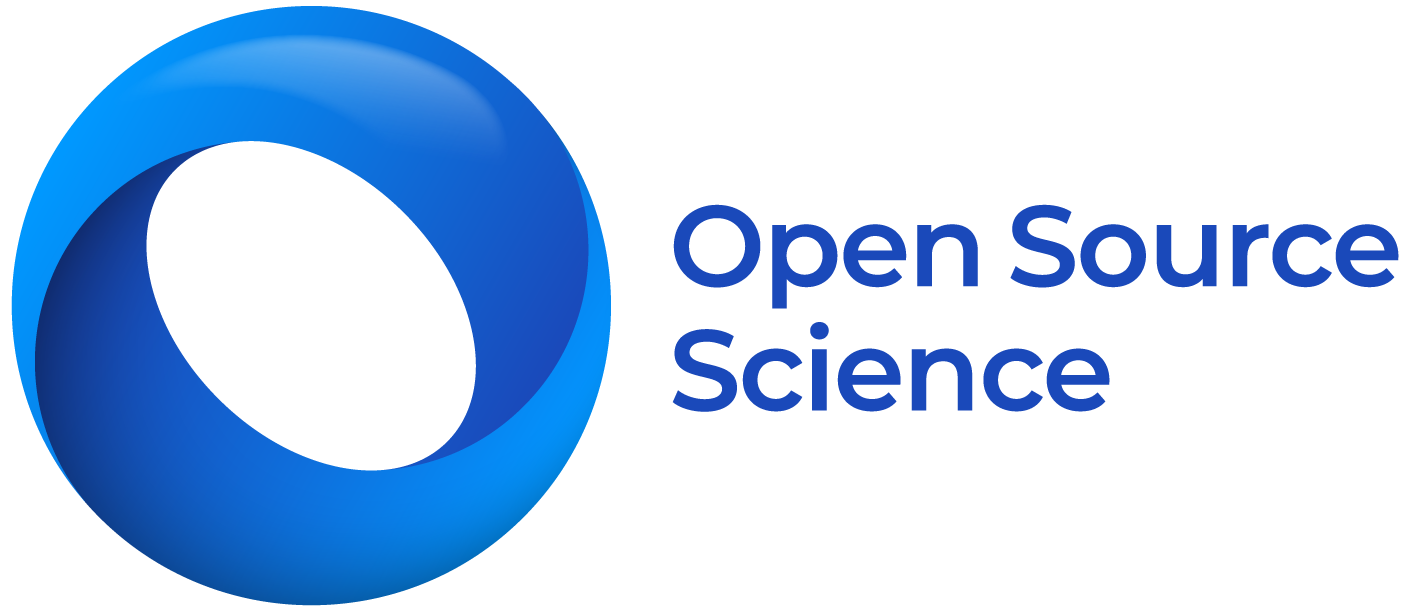Towards Open and Equitable Access to Research and Knowledge for Development
There is growing recognition that the capacity to conduct research and to share the resulting knowledge is fundamental to all aspects of human development, from improving health care delivery to increasing food security, and from enhancing education to stronger evidence-based policymaking. Today, the primary vehicle for disseminating research is still the peer-reviewed journal, which has retained much of its traditional form and function, although now it is largely digital. But despite improved access to the Internet, researchers in the developing world continue to face two problems—gaining access to academic publications due to the high cost of subscriptions, and getting their research published in “international” journals, because their work is either considered to be only of local or regional interest or does not meet the quality standards required by the major commercial indexes. The cartographic representation of the world according to the volume of publications from each country in early 2000 starkly depicts a world of highly unequal contribution and participation in science (Figure 1).


